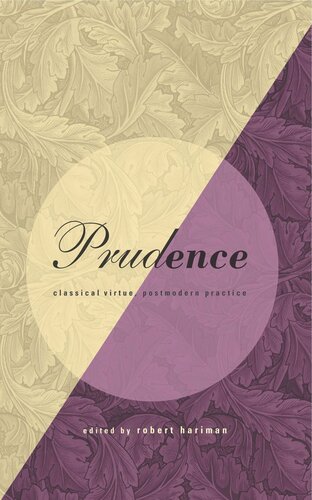

Most ebook files are in PDF format, so you can easily read them using various software such as Foxit Reader or directly on the Google Chrome browser.
Some ebook files are released by publishers in other formats such as .awz, .mobi, .epub, .fb2, etc. You may need to install specific software to read these formats on mobile/PC, such as Calibre.
Please read the tutorial at this link: https://ebookbell.com/faq
We offer FREE conversion to the popular formats you request; however, this may take some time. Therefore, right after payment, please email us, and we will try to provide the service as quickly as possible.
For some exceptional file formats or broken links (if any), please refrain from opening any disputes. Instead, email us first, and we will try to assist within a maximum of 6 hours.
EbookBell Team

5.0
28 reviewsRealizing that a world remade by techno-science and global capital stands in great need of practical wisdom as an antidote to various forms of modern hubris, scholars across the human sciences have taken a renewed interest in exploring how the classical virtue of prudence can be reformulated as a guide for postmodern practice.
This volume brings together scholars in classics, political philosophy, and rhetoric to analyze prudence as a distinctive and vital form of political intelligence. Through case studies from each of the major periods in the history of prudence, the authors identify neglected resources for political judgment in today's conditions of pluralism and interdependency.
Three assumptions inform these essays: the many dimensions of prudence cannot be adequately represented in the lexicon of any single discipline; the Aristotelian focus on prudence as rational calculation needs to be balanced by the Ciceronian emphasis on prudence as discursive performance embedded in familiar social practices; and understanding prudence requires attention to how it operates through the communicative media and public discourses that constitute the political community.
Contributors, besides the editor, are Stephen H. Browne, Robert W. Cape Jr., Maurice Charland, Peter J. Diamond, Eugene Garver, James Jasinski, John S. Nelson, and Christine L. Oravec.